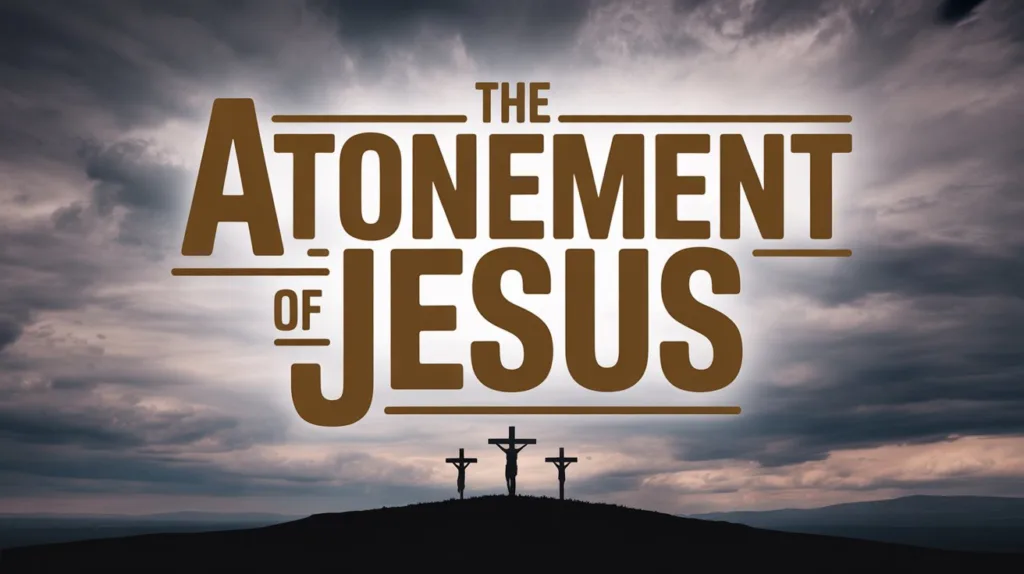Hailstones in Scripture are used as instruments of God’s judgment and power. They appear in historical events, prophecies, and visions, always as unmistakable signs that God is executing His justice on the earth.
One of the earliest and most direct examples is in Joshua 10:11. During the battle between Israel and the Amorites, God intervened:
“And it happened… that the Lord cast down large hailstones from heaven on them… and they died. There were more who died from the hailstones than the children of Israel killed with the sword.”
This supernatural storm confirmed that the victory belonged to the Lord and demons/”>demonstrated His sovereign hand in battle.
Hail was also one of the ten plagues sent upon Egypt. Exodus 9:23–24 says:
“And the Lord sent thunder and hail, and fire darted to the ground… such a heavy hail as had not been in all the land of Egypt since it became a nation.”
This judgment was directed against Egypt’s gods and displayed God’s supremacy.
In prophetic literature, hailstones appear again as agents of divine wrath. Ezekiel 13:11–13 uses hail as a metaphor for judgment against false prophets and their lies:
“There will be a flooding rain… and great hailstones to fall, and a stormy wind shall tear it down.”
The book of Revelation intensifies this image. During the seventh bowl judgment, Revelation 16:21 declares:
“And great hail from heaven fell upon men, each hailstone about the weight of a talent…”
A talent weighed around 75 pounds. These massive hailstones represent the climax of God’s wrath in the end times, yet men still blaspheme rather than repent.
In every occurrence, hailstones signify that God is not passive about sin. They are a visible, forceful reminder of His authority, His holiness, and His right to judge the world.





 Get the book that teaches you how to evangelize and disarm doctrines from every single major cult group today.
Get the book that teaches you how to evangelize and disarm doctrines from every single major cult group today.